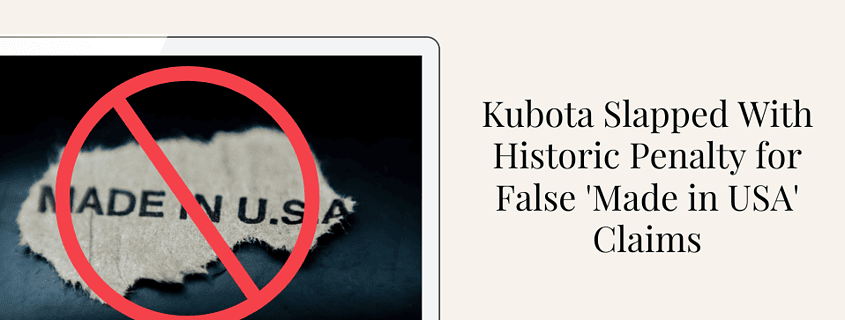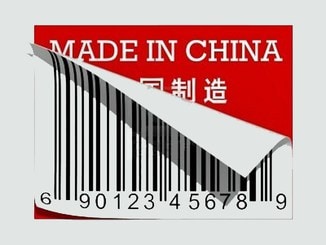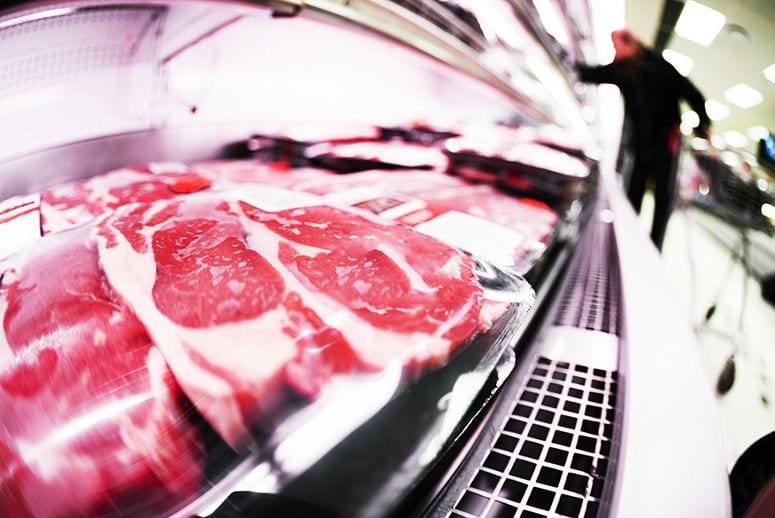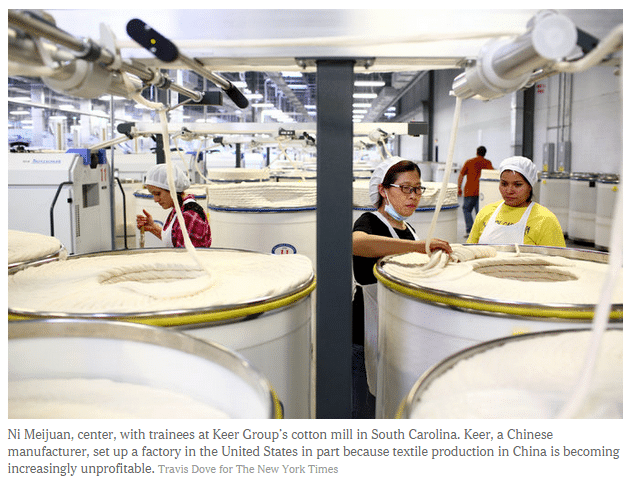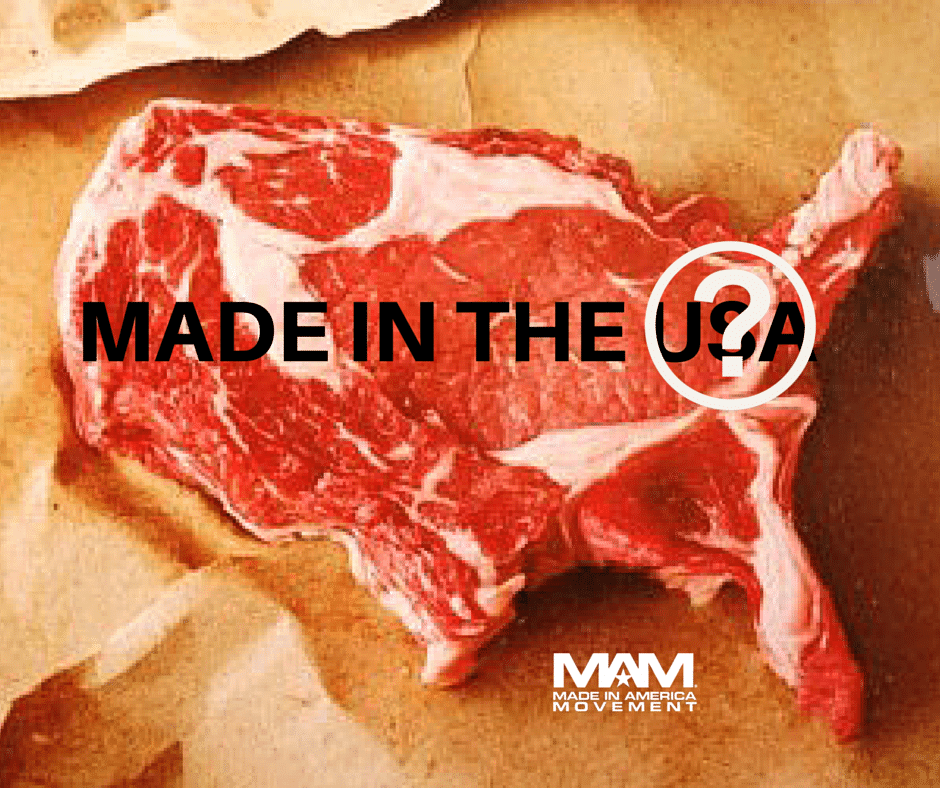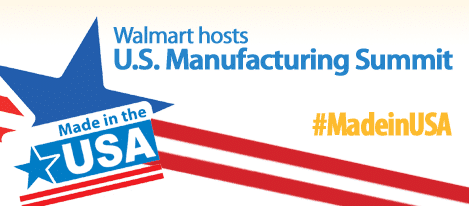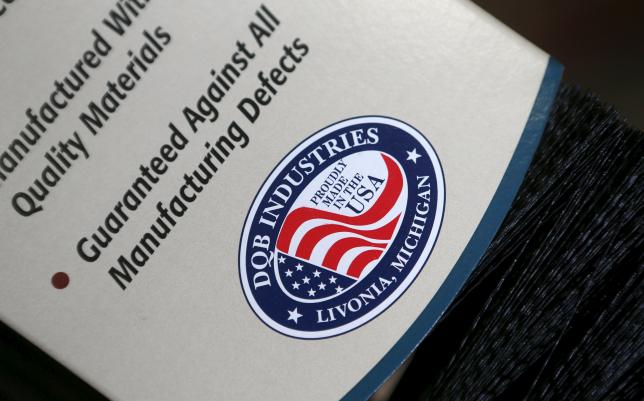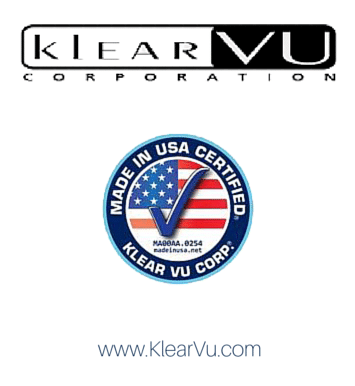Buy American Made: Ways to Express Your Values With Your Pocket Book
In today’s global market, where products are manufactured has become a significant consideration for consumers. Many individuals seek to align their purchasing choices with their personal values, particularly by buying American-made products.
This article explores the importance of buying American-made goods and provides strategies for identifying truly American products in a market that can sometimes be misleading.
By making informed decisions and supporting local businesses, consumers have the potential to positively impact both the economy and society as a whole.
Key Takeaways
- Purchasing American-made products allows individuals to align their spending with their values.
- Buying American-made products can support local communities and small businesses.
- Labels such as USDA Organic and Made in USA Certified help consumers make environmentally conscious choices.
- Identifying truly American products can be challenging, so buyers should do their own research and remain cautious.
The Power of Purchasing: How Buying American-Made Products Reflects Your Values
Purchasing American-made products allows consumers to align their values with their spending choices, reflecting their commitment to supporting local businesses and ethical manufacturing practices. When consumers choose to buy American-made products, they are not only supporting the local economy, but also promoting fair labor practices and sustainable sourcing of materials.
Ethically sourced materials play a significant role in the production of American-made products, ensuring that the supply chain is transparent and free from exploitation.
Additionally, consumer education plays a crucial role in promoting the purchase of American-made products. By educating consumers about the benefits of buying American-made, they can make informed decisions and actively contribute to a more sustainable and ethical economy.
Ultimately, purchasing American-made products empowers consumers to make a positive impact by supporting local businesses and promoting ethical manufacturing practices.
Supporting Local Agriculture: Ethical Food Choices That Align With Your Pocket Book
Supporting local agriculture and making ethical food choices allows consumers to contribute to their community and promote sustainable farming practices. By purchasing locally grown or raised products, consumers support local farmers and reduce the distance between producers and consumers. This not only helps to strengthen the local economy but also allows consumers to have a direct impact on the quality and safety of their food.
Additionally, choosing food labels such as USDA Organic, free range, hormone-free, and grass-fed helps consumers make environmentally conscious choices. These labels indicate that the food has been produced using sustainable farming methods and supports the well-being of animals.
Finding Authentic American-Made Products: Tips and Resources to Guide Your Purchasing Decisions
One way to ensure the authenticity of American-made products is by checking for specific labels or certifications that indicate their origin. These labels serve as reliable resources for consumers who want to make informed purchasing decisions.
The ‘Made in the USA’ label, regulated by the Federal Trade Commission (FTC), is an important indicator of a product’s origin. However, it is essential for buyers to remain cautious and do their own research, as some companies may misuse this label. The FTC also receives complaints about mislabeled products, but investigations and penalties are limited.
To find authentic American-made products, consumers can rely on resources such as the National Center for Employee Ownership, which provides a list of companies owned by their employees. Additionally, regional and national firms are the main source of American-made products, and their status can be easily checked.
Assessing the American Content: Understanding the Criteria for Identifying Truly American Products
The American Automobile Labeling Act (AALA) requires automobiles and trucks to display the percentage of domestically produced content. This act aims to provide consumers with information about the origin of the components used in their vehicles.
To further assess the American content of vehicles, the Kogod Made in America Auto Index incorporates the AALA and adds additional criteria. This index allows consumers to compare the American content of different vehicles and make informed purchasing decisions.
However, outside of automobiles, textiles, and furs, there is no specific identification of product origin or components required. This poses challenges in identifying truly American products, as companies can claim a product is ‘Made in the USA’ as long as it has negligible foreign content and final assembly or processing in the U.S.
Buyers should therefore remain cautious and do their own research when relying on the ‘Made in the USA’ label.
Overall, the AALA and the Kogod American Content Index provide valuable tools for assessing the American content of products and making informed purchasing decisions.
Navigating Challenges: Ensuring Your Purchases Reflect Your Values Amidst Misleading Claims
Amidst misleading claims, it is crucial to carefully navigate the challenges of ensuring that your purchases truly align with your values.
While the Federal Trade Commission (FTC) regulates the ‘Made in the USA’ label, investigations and penalties are limited. The FTC often receives complaints from manufacturing competitors, but settlements with no civil penalties are common.
However, California has stricter regulations and higher penalties for misusing the ‘Made in the USA’ label. Buyers should remain cautious and do their own research when relying on the label.
It is important to be aware of FTC regulations and the potential penalties in California to avoid falling victim to misleading claims. By understanding these regulations and penalties, consumers can make informed decisions and ensure that their purchases reflect their values.
Frequently Asked Questions
How Can Buying American-Made Products Reflect Your Values?
Buying American-made products allows individuals to support their local economy and preserve American jobs. By making conscious purchasing choices, consumers align their values with their pocketbooks, contributing to the well-being of their community and the nation.
What Are Some Resources to Help You Find Authentic American-Made Products?
Online directories and local craft fairs are valuable resources for finding authentic American-made products. These platforms provide access to a wide range of products, allowing consumers to support local businesses and make informed purchasing decisions.
What Criteria Are Used to Assess the American Content of Vehicles?
Assessment criteria are used to evaluate the American content of vehicles, including the American Automobile Labeling Act and the Kogod Made in America Auto Index. Manufacturing regulations require companies to accurately label products as "Made in the USA."
How Does the Federal Trade Commission Regulate the "Made in the Usa" Label?
The Federal Trade Commission regulates the ‘Made in the USA’ label, ensuring that companies claiming this designation meet certain criteria, such as negligible foreign content and final assembly or processing in the U.S. However, investigations and penalties are limited, and buyers should exercise caution when relying on this label.
What Challenges Do Consumers Face in Identifying Truly American Products?
Identifying American products can pose challenges for consumers. The Federal Trade Commission regulates the "Made in the USA" label, but investigations and penalties are limited. Consumers should remain cautious and do their own research to ensure product origin.

